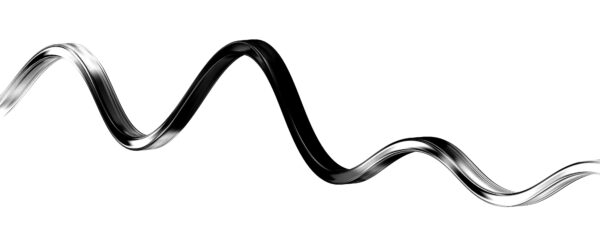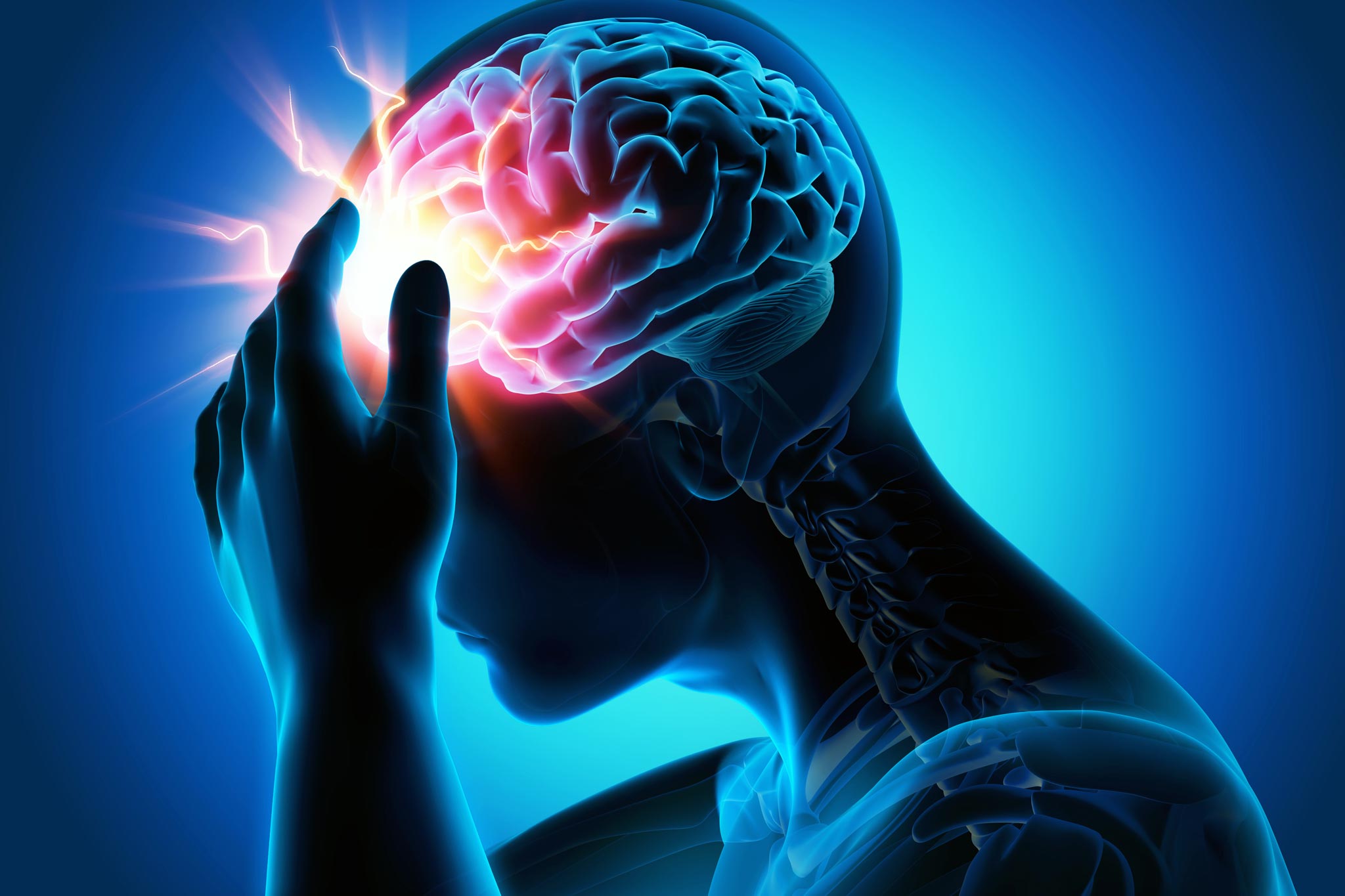Headaches are a common ailment experienced by people of all ages, but migraines are a different creature altogether. About 12% of the population suffers from migraines 1. Migraine symptoms can vary significantly from person to person, but there are some common signs and symptoms that are associated with this condition. Chronic migraine sufferers may experience symptoms such as throbbing pain, motion sensitivity, and a visual disturbance known as a migraine aura. When a person experiences a migraine attack they may have chronic headache pain that lasts for hours or even days. The pain from migraine headaches can be so intense that it may be accompanied by nausea, vomiting, and sensitivity to light and sound.
Living with chronic migraines or experiencing a recurring episodic migraine can be a challenging experience for those who suffer from this condition. Migraine headaches can be unpredictable and the condition is complex, with symptoms ranging from mild visual disturbance to intense migraine pain. For many migraine sufferers, the pain and associated symptoms can be so severe that they are unable to perform daily tasks, including work, school, or social activities. Because of this, chronic migraine sufferers often deal with feelings of isolation, frustration, and even depression. Luckily, repetitive transcranial magnetic stimulation (TMS) therapy has shown promising results as a preventive treatment for chronic migraines.

Migraine Treatments
Migraine patients often require a combination of acute and preventive treatment to manage their symptoms and treat migraine symptoms.
Acute Migraine Treatment
Acute migraine therapy and treatments relieve the symptoms of a migraine attack as quickly and effectively as possible. One of the most common classes of medication used for headache disorders and migraine pain is triptans, which works by narrowing the blood vessels in the brain and blocking pain signals. Other pain relievers such as nonsteroidal anti-inflammatory drugs (NSAIDs) and opioids may also be used to treat migraines, although their ability to treat migraines is limited. Additionally, some medications like opioids and benzodiazepines carry a risk of side effects and dependency.
Lifestyle modifications and home remedies can also play a role in acute treatment for migraines and may include avoiding triggers such as certain foods or stressors, getting rest and hydration, and applying hot or cold compresses to the affected area.
Preventive Migraine Treatment
Preventive treatment or prophylactic treatment is aimed at reducing the frequency and severity of migraine attacks before they happen. These treatments also include medication and lifestyle modifications. There are several classes of medications that can be used for migraine prevention, including beta blockers, antiepileptic drugs, and tricyclic antidepressants. These medications work by targeting the underlying mechanisms that trigger migraine attacks and are often used in combination with acute treatments such as pain relievers or triptans.
In addition to medication, lifestyle modifications can also play a significant role in preventing migraines. This may include avoiding triggers such as certain foods or stressors, getting regular exercise, and maintaining a healthy sleep schedule.
The use of preventive medications can be particularly challenging, as these medications often have significant side effects and can be costly, leading to medication overuse headaches in some patients. Additionally, the stigma surrounding migraine can be difficult to overcome, with many people believing that migraines are just bad headaches or that individuals with migraines are being dramatic or complaining.
Unfortunately, treatment-resistant migraine occurs in anywhere from 45% to 77% of patients taking traditional migraine medication. On top of that, migraine patients that experience nausea and vomiting during migraines might need non-oral medication. For these reasons and others, alternative treatments for migraines are needed.
New and alternative preventive therapies such as transcranial magnetic stimulation (TMS) therapy have the potential to completely change the way doctors treat migraines. Transcranial magnetic stimulation, or TMS, may be effective in preventing migraines, as they work by modulating cortical excitability and reducing the risk of cortical spreading depression, which is believed to play a role in migraine pathophysiology.

TMS Therapy for Migraines
Transcranial magnetic stimulation therapy is a non-invasive, non-pharmacological treatment option originally developed as a treatment for depression. Transcranial magnetic stimulation was FDA approved in 2008 for depression, but recent study results have indicated that TMS treatments are also effective in preventing migraine symptoms, and the FDA has approved certain TMS machines for migraine treatment. There are several TMS techniques that have been effective for migraine treatment including:
- Single pulse transcranial magnetic stimulation
- Prefrontal transcranial magnetic stimulation
- Left dorsolateral transcranial magnetic stimulation
What is it Like to Get TMS Therapy for Migraines?
Receiving transcranial magnetic stimulation therapy involves sitting in a comfortable chair while a device that delivers magnetic pulses is positioned over the scalp. During the TMS treatment session, patients may hear clicking or tapping sounds as the device delivers the magnetic pulses. The treatment session may last anywhere from 20-60 minutes, depending on the specific protocol being used. Patients receiving TMS therapy generally do not require anesthesia or sedation and are able to resume normal activities immediately following the session. Some patients may experience mild discomfort or tingling sensations on the scalp during the treatment, but this typically resolves quickly. All in all, TMS is an easy, effective migraine preventive treatment with very few side effects.

How Does TMS Therapy Work for Migraines?
TMS therapy is a noninvasive brain stimulation treatment that works by delivering magnetic pulses to specific areas of the brain, such as the motor cortex, dorsolateral prefrontal cortex, and occipital cortex, with the aim of reducing migraine pain and preventing migraine attacks. These pulses modulate cortical excitability and reduce the risk of cortical spreading depression, which is believed to play a role in migraine pathophysiology.
Studies have shown that TMS therapy can be an effective preventive therapy for chronic migraine, reducing both the frequency and intensity of migraine attacks. This has led to the introduction of TMS therapy as a potential alternative to pharmacological treatments for migraine prophylaxis, particularly for patients who do not respond well to traditional preventive medications or who experience significant side effects from medication use. TMS therapy is backed by clinical data and systematic reviews, including randomized controlled trials and placebo-controlled studies, demonstrating statistically significant differences in headache frequency and pain intensity between TMS and control groups.
Overall, migraine prevention is an important aspect of managing this condition and can help reduce the burden of migraine attacks on patients’ daily lives. Working with a healthcare provider or headache specialist to develop a personalized treatment plan that takes into account the individual’s specific needs and symptoms is crucial for effective migraine prevention. TMS therapy offers a promising approach to treating migraine and improving the quality of life for migraine sufferers.
TMS for Migraines at Neuro Wellness Spa
Neuro Wellness Spa’s cutting-edge TMS therapy uses magnetic pulses to stimulate the nerve cells in the brain, targeting the root cause of your migraines. With a success rate of over 73%, TMS Therapy has been shown to significantly reduce the frequency and intensity of migraines, giving you the relief you deserve.
Don’t wait any longer to take control of your migraines. Schedule a consultation with our experienced team at Neuro Wellness Spa today and discover the power of TMS Therapy for yourself.
References
- Chronic migraine. (2025, March 19). Cleveland Clinic. https://my.clevelandclinic.org/health/diseases/9638-chronic-migraine

